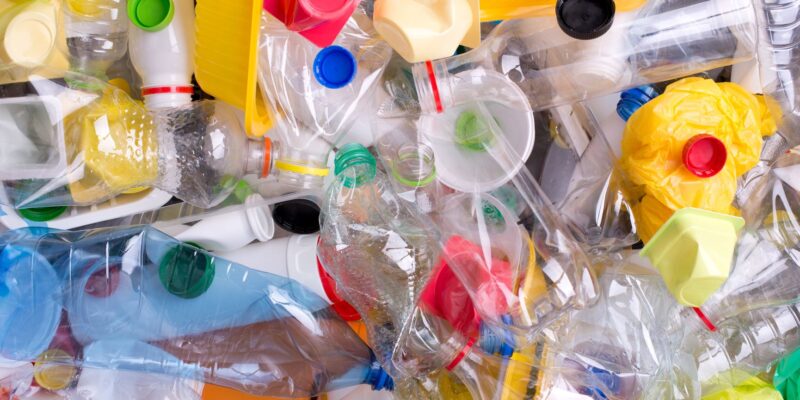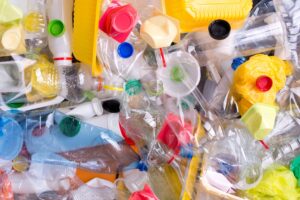Plastics have become the central waste issue of the 21st century. The disposable nature of plastic is both its appeal and its downfall, as it is used for so much of the packaging now polluting our planet.
When plastic was first created, it was supposed to be a true miracle material. It could be used to package, but it could also be used across almost any industry. Automotive travel, clothing, furniture, construction and more use plastics.
Today, the problems that plastic has brought about are astronomical. The need to move away from the material is crucial. This is almost impossible because of the widespread uses it has and the low cost options it creates.
We have seen some efforts to replace sections of plastic packaging. The main issues with most replacements are cost and the lack of convenience in disposability.
Options for the future of packaging…
Because there is no definitive replacement for plastic, the future will likely look like a combination of cardboard, tin, recyclable polymers and… glass.
In the past, glass was used for almost all bottles and containers for liquids and food storage in the UK. Today, though plastic waste is everywhere, it is very rare to have a kitchen full of empty glass containers.
You may have noticed that most European countries outside of the UK have systems for the reusing of glass bottles, which are now made in thicker glass to protect them from breaking and to make the process less problematic.
To tackle our reliance on plastics, a step backwards might be the right move.
With new technologies evolving in the manufacturing industry, we are getting closer.
Benefits of glass packaging go beyond merely being strong enough to be reused.
The material is also infinitely recyclable, renewable and does not contain any harmful chemicals that could potentially harm us.
Glass is also 100% natural, made of limestone, soda ash and sand. It is inert, so it does not react with any food or drink it could carry, and can be melted down into a cullet and used again, again, again and again.
Developments
When deciding on what renewable resources we use for packaging, we need to be careful about all possible impacts on the planet. Cullet (melted down glass) has a much lower melting temperature that initial glass, and so only uses 40% of the energy used in the first instance to create molten glass.
One problem with this seemingly ideal substance, however, is that a result of recycled coloured glass not being separated into different colours, a lot of the glass we throw away has to be used for asphalt production instead.
The industry must also work to reduce the amount of waste on the production line, caused by unnecessary rejections of finished containers.
Recent innovations have, however:
- Made glass far lighter. This seems a small deal, but actually drastically reduces the energy needed to transport glass bottles/ containers. (Graphite comes in here, in the glass production and moulding process.)
Belu recently developed the lightest glass bottle available today, which will actually save 850,000 kg of glass per year. In turn, this will reduce its carbon emissions by another 11%.
- Found that there is an (almost) abundance of green glass in the UK as a result of our importation of wine. If we use this glass instead of clear glass, emissions could be cut drastically yet again.
We do have some way to go if the glass industry is to replace significant levels of plastic use, but research is certainly heading in the right direction.
Graphite & Glass
Our miracle materials come into this around the melting/ moulding process.
Because of it’s thermal stability and resistance to thermal shock and corrosion, not to mention it’s lubricating properties and low wettability, isostatic graphite is ideal for this application.
Olmec’s isostatic graphites are used across a massive range of industries. Please feel free to Contact Us with any enquiries about your particular requirements.


